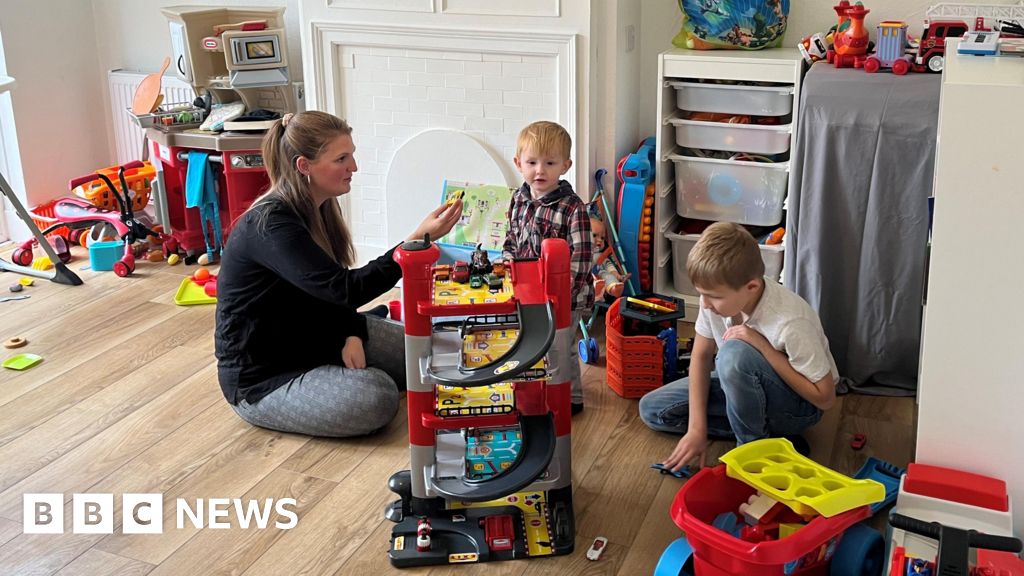The Financial Strain on London’s Local Authorities: A Growing Crisis
London, a city renowned for its vibrant culture and economic opportunities, is facing a significant crisis that threatens the very fabric of its communities. According to London Councils, a representative body for the capital’s 33 local authorities, these councils are projected to overspend by more than £600 million in the current financial year. This alarming figure is expected to escalate to a funding gap of over £700 million next year. The implications of this financial strain are profound, affecting essential services and the lives of vulnerable residents across the city.
The Role of Local Authorities
Local authorities in London are responsible for a wide range of services that are vital to the well-being of its residents. From street cleaning and maintaining parks to providing libraries and fulfilling statutory duties such as bin collections, housing the homeless, and caring for vulnerable adults and children, these councils play a crucial role in ensuring the smooth operation of urban life. However, the increasing financial pressures are making it increasingly difficult for them to deliver these essential services effectively.
The Impact of Overspending
The projected overspend of £600 million is not just a number; it represents a significant shortfall in funding that could lead to cuts in services that many Londoners rely on. As local authorities grapple with rising costs and dwindling budgets, the quality of services may decline, leaving the most vulnerable populations at risk. This situation is particularly concerning for families like Harlie’s, who have been navigating the challenges of temporary accommodation for the past decade.
A Personal Story: Harlie’s Struggle
Harlie’s experience highlights the human cost of this financial crisis. After becoming homeless due to the exorbitant costs of private rent and escaping a domestic abuse situation, she now finds herself in a precarious living situation with her two children, Frankie and Finnlie. The instability of temporary accommodations has taken a toll on their family life. Harlie expressed her desire for a more stable environment, stating, “If we were more settled as a family and had somewhere more secure and safe to live, I would be able to get them into nurseries, back into full-time school and sort of be living a normal life.”
The emotional and psychological impact of constant moving cannot be understated. The upheaval disrupts the children’s education and social development, creating a cycle of instability that is difficult to break.
The Reality of Temporary Accommodations
The conditions of temporary accommodations can vary significantly, and unfortunately, many families find themselves in substandard living situations. Harlie’s children have experienced placements with issues such as mould and sewage problems, which can pose serious health risks. Frankie, her eight-year-old son, poignantly articulated the desire for stability when he said, “I can have baths without raw sewage coming up. I wish we could stay here. I wish it was our house forever.” His words reflect not only a longing for a permanent home but also the basic need for safety and comfort that every child deserves.
The Broader Implications
The struggles faced by families like Harlie’s are indicative of a larger systemic issue within London’s housing and social services. As local authorities face increasing financial pressures, the ability to provide adequate housing and support for vulnerable populations diminishes. The projected funding gap of over £700 million next year raises concerns about the future of essential services and the potential for increased homelessness and social instability.
Conclusion: A Call for Action
The financial challenges facing London’s local authorities are a pressing issue that requires immediate attention from policymakers and stakeholders. As the city grapples with these challenges, it is essential to prioritize the needs of its most vulnerable residents. Ensuring that families like Harlie’s have access to safe, stable housing is not just a matter of policy; it is a moral imperative. The time for action is now, as the future of London’s communities hangs in the balance.
